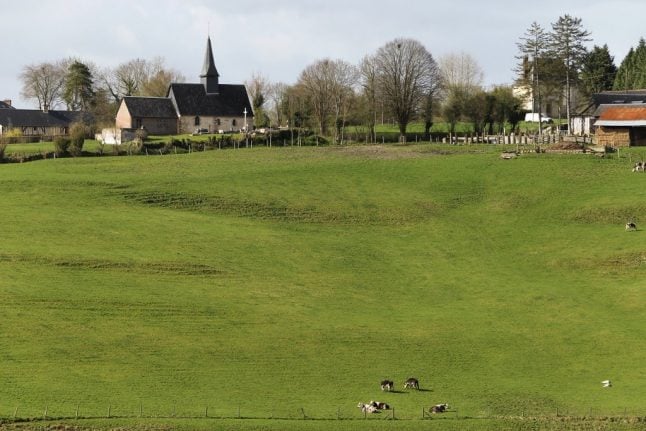- How a noisy cockerel exposed France's rural and urban divide
- Holidaymakers ask French mayor to kill off 'loud' cicadas in name of peace and quiet
- Noisy cows spark outcry from British homeowners in French Alps
 Photo: AFP
Photo: AFPCloches qui sonnent, chant du coq… Le maire met en garde les touristes à l’entrée du village
À Saint-André-de-Valborgne, dans les Cévennes, le maire a installé des panneaux dans son village, pour mettre en garde les touristes contre le bruit des cloches et le chant du coq. pic.twitter.com/OElUd0rlxV— Philippe TILLOY ✌️️ (@tilloys) July 9, 2019
 Photo: Stanze/ Flickr
Photo: Stanze/ Flickr


 Please whitelist us to continue reading.
Please whitelist us to continue reading.
If mayors can be threatened with legal action over a pesticide ban on farmland close to schools, surely that demonstrates the importance of the farmer and his land and animals over some ridiculously entitled spoiled-brat tourists or second-home owners.
Expats tried to do the same thing in Boquete, Panama. Where the Flower Fair has been an institution and many other things in this region for years and the expats decided that they wanted to close it because it was too much noise. They tried to do an avant garde thing, was fought and they shut down. The locality won.